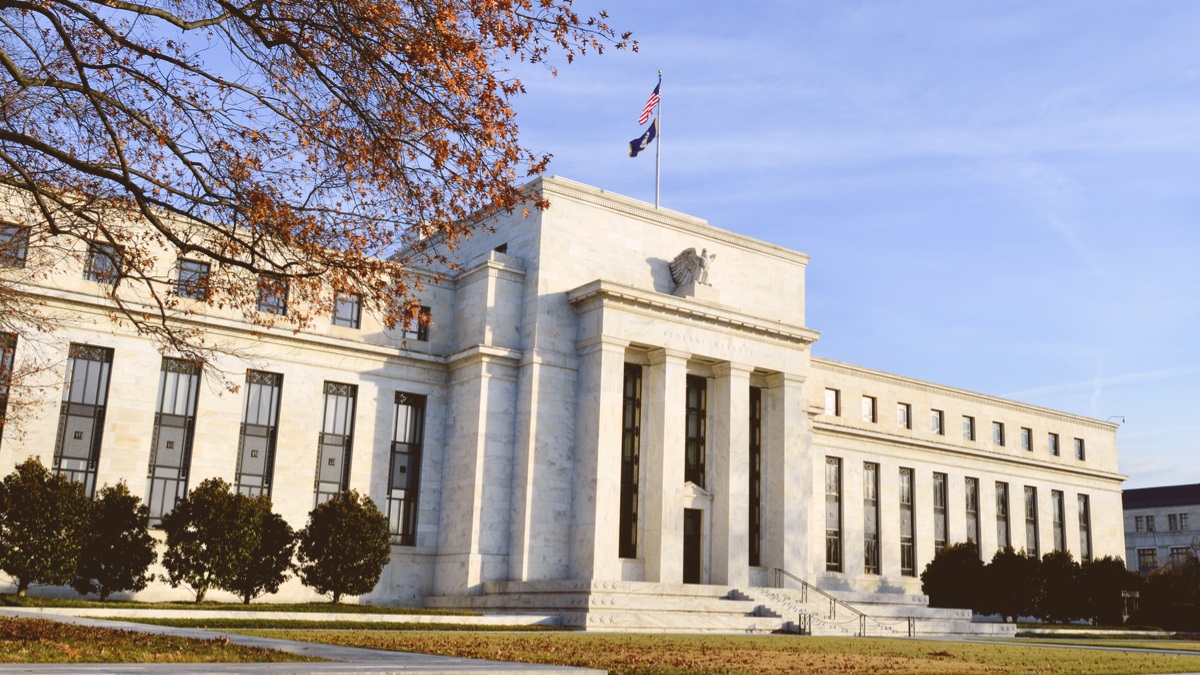

The Desk initially responded to the severe dysfunction by expanding repo operations, and then, at the direction of the FOMC, by buying a substantial quantity of Treasury securities and agency MBS. Given the importance of the Treasury market, continued dysfunction could have led to an even deeper and broader seizing-up of credit and ultimately worsened the economic hardships that many Americans have been experiencing. and abroad, including the mortgage, corporate debt, and municipal bond markets that are essential to the flow of credit. It serves as a critical benchmark for all other dollar fixed-income markets, both in the U.S. The Treasury market is the deepest and most liquid fixed-income market in the world. Treasury market was especially notable, as measures of market functioning deteriorated at unparalleled speed to levels not seen since the Global Financial Crisis. financial markets and averting an even deeper collapse in economic activity. economy, were essential for stabilizing U.S. These comprehensive actions, alongside swift passage of the CARES Act to support the U.S. Regulations were also temporarily adjusted to encourage bank lending.

Treasury-to support the flow of credit to households, businesses, and state and local governments. The Federal Reserve undertook a wide range of additional steps-many in coordination with the U.S. 2 The Federal Open Market Committee (FOMC) cut the target range for the federal funds rate close to zero, and directed the Open Market Trading Desk (the Desk) to conduct repo operations and purchases of Treasuries and agency mortgage-backed securities (MBS) to support the smooth functioning of these markets. The Federal Reserve took swift and decisive action in response to both the shift in the economic outlook and deteriorating conditions in financial markets. A spike in financial market volatility, combined with concerns about markets’ ability to function in a remote work environment, resulted in a surge in the demand for cash. Asset prices adjusted sharply, reflecting increasing pessimism and uncertainty about the economic outlook as large segments of the economy began to shut down. In the first quarter of 2020, the global financial system experienced an extraordinary shock, triggered by the coronavirus pandemic. The events that unfolded in March and April underscored the importance of understanding market functioning and liquidity so that financial markets continue to serve their important role in supporting the economy. This has been a year marked by tremendous human suffering related to the pandemic and unprecedented challenges for the global economy and financial markets. Good morning, and thank you to the Brookings Institution-Chicago Booth Task Force on Financial Stability for convening this discussion on such a critical topic.


 0 kommentar(er)
0 kommentar(er)
